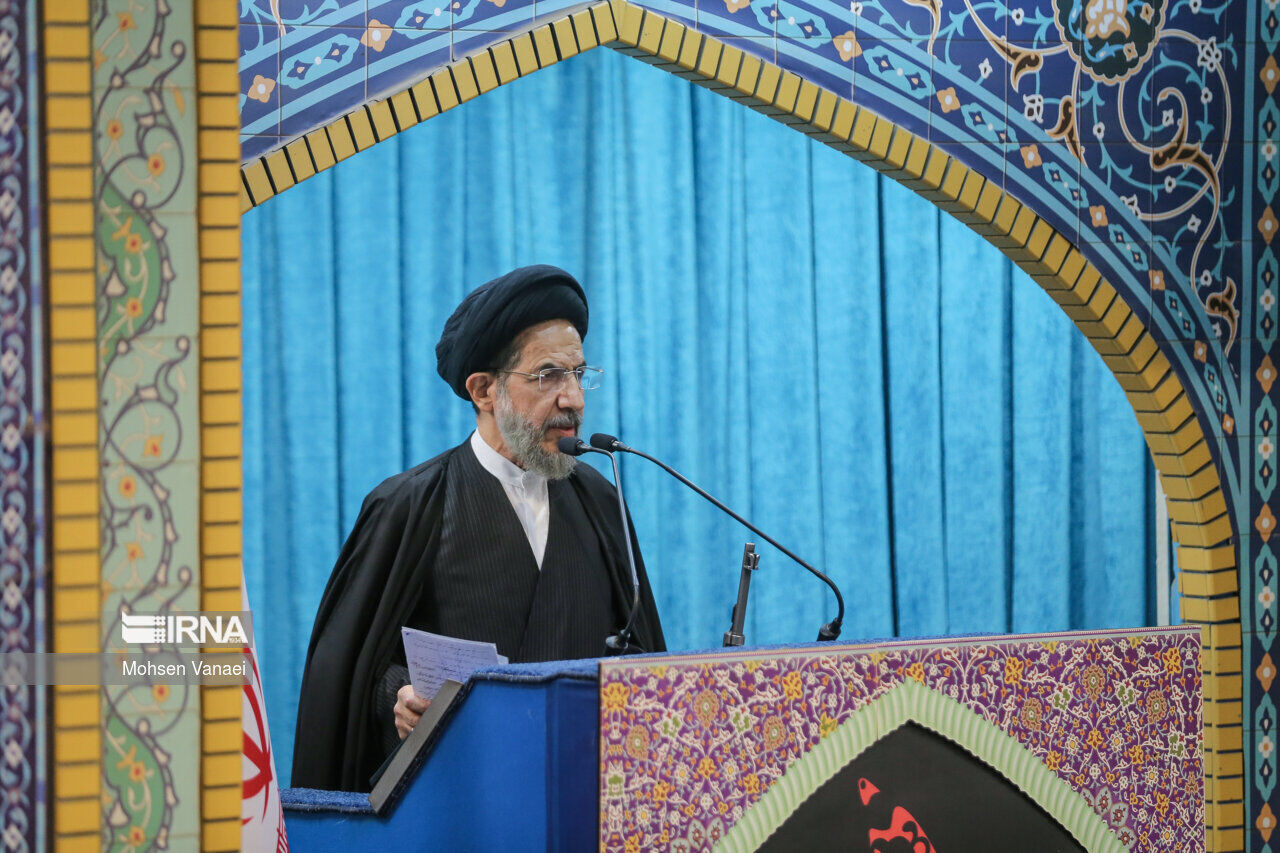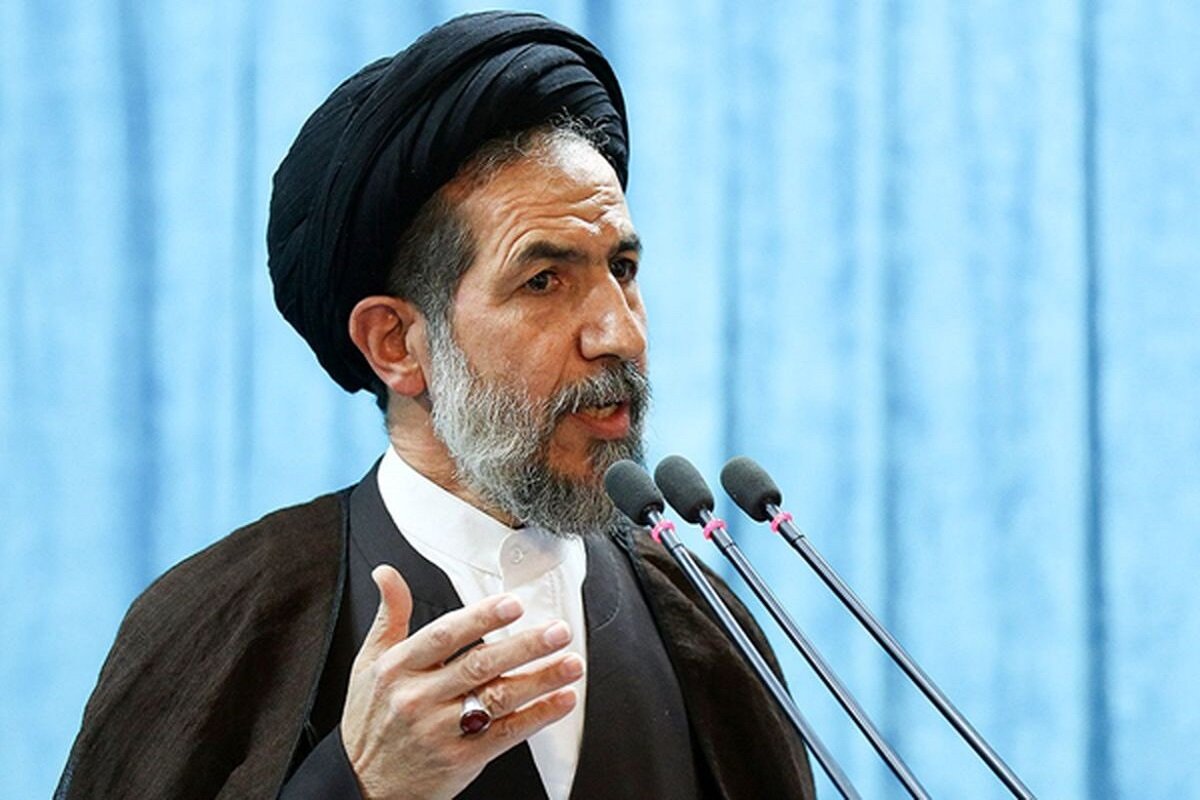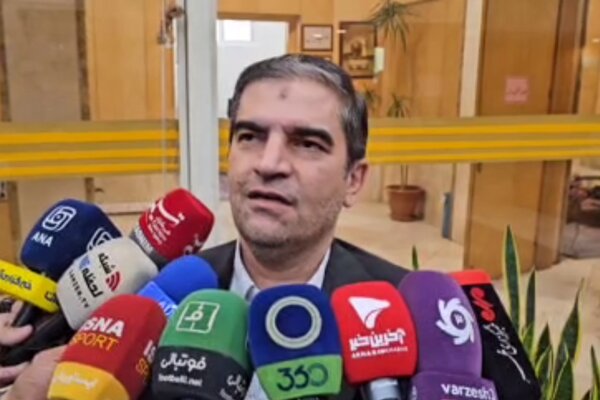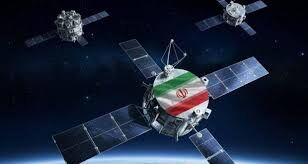Recognition amid genocide seeks to undermine Palestinian anti-colonial resistance
Recognition amid genocide seeks to undermine Palestinian anti-colonial resistance

As Israel's genocide in Gaza was going full scale, Arab and western governments, many of them complicit, have embraced the hollow gesture of recognising a hypothetical Palestinian state.
This move comes while the Palestinian people endure systematic settler-colonial destruction, daily land theft and the threat of extermination.
Staged efforts to "revive" the sham of the two-state solution to establish a "pathway" through "urgent, concrete, irreversible steps" towards recognising a virtual state are presented as more urgent than halting widespread war crimes and crimes against humanity, starvation and a full-scale genocide.
Yet recognition or other diplomatic acts without concrete protections for the two indispensable foundations of statehood, its people and territory, are not only futile but a calculated deception that gives cover to the ongoing destruction of 2.2 million people before our eyes.
As governments fail to halt these crimes, the elusive framework of "peace" and the two-state solution is once again revitalised, allowing the world to look the other way while genocide unfolds.
Last year, Ireland, Norway and Spain spearheaded diplomatic efforts, jointly extending formal recognition of Palestine in May 2024 and urging others to follow suit.
A year later, in July 2025, Saudi Arabia and France co-chaired their first High-Level International Conference at the UN, as part of the same effort to revive the long-dead "peace process".
Recognition without protecting people and land is a calculated deception that conceals the ongoing destruction of 2.2 million Palestinians
The conference led to the adoption of the "New York Declaration" on the two-state solution, which the General Assembly passed by 142 votes on 23 September. The declaration framed state recognition and full UN membership as "essential and indispensable" to achieving the two-state solution, ending the conflict and integrating and normalising Israel into the region.
But beyond lofty statements, no concrete policies or actionable plans were put forward.
In fact, the entire saga was quickly overshadowed by US President Donald Trump's so-called "20-point peace plan", which was applauded even by states that had just recognised Palestine, despite its effective nullification of their recognition and any prospect of a Palestinian state.
While the politics of recognition may seem appealing, their perilous dimensions are often masked. As I argue in my recent book, Politics of Recognition in Settler Colonial States, recognition under colonial conditions functions as a medium of elimination. It becomes a normative cover through which Indigenous peoples are co-opted, weakened and erased.
Denying resistance
Whether through recognition, Trump's plan or previous European and American peace proposals, the objective remains the same: to undermine Palestinians' legal right to resist and deny them genuine self-determination.
Under this framework, Palestinians are expected to abandon resistance and the struggle for liberation and justice even before achieving self-determination and statehood.

In 2024, well before Trump's 20-point plan, the Norwegian government made this explicit, declaring the "demobilisation" of Palestinian resistance as central to its recognition of Palestine and part of an "irreversible process towards the establishment of a Palestinian state". Similar conditions have been echoed by other countries that have recently recognised Palestine.
To further erode this right and capacity to resist in the future, Palestinians must remain demilitarised and maintain subservient security and economic ties with Israel to uphold Jewish supremacy.
This form of recognition strips Palestinians of their legal and moral right to resist foreign subjugation, including through armed struggle under international law. It also forecloses their ability to build self-defence capacities and exercise sovereignty.
The UN Declaration on the Granting of Independence to Colonial Countries and Peoples affirms that self-determination guarantees the right of peoples to "freely determine their political status and freely pursue their economic, social and cultural development". Under the current framework of recognition, however, Palestinian self-determination and sovereignty are relegated to symbolic and token acknowledgements.
Hollow democracy
Although western states proclaim support for Palestinian self-determination, they simultaneously position themselves as arbiters of how and by whom Palestinians must be governed.
Recognition is portrayed as a decisive step towards creating a "democratic" Palestinian state. In reality, political, social, educational and economic systems are tightly circumscribed by externally imposed conditions and rendered accountable to foreign powers and stakeholders.
This supposed democracy, coordinated by authoritarian Arab and European leaders, is structured in ways that predetermine the outcome of supposed "democratic and transparent" Palestinian elections. Such an institutionalised system will entrench exclusion and disenfranchisement of large segments of the Palestinian people who oppose colonial domination, and further weaken and fragment their society.
Education, too, has faced damaging external interventions under the pretext of "modernising the curriculum" or "combatting radicalisation, incitement, dehumanisation, violent extremism, discrimination and hate speech".
Yet these efforts go far beyond school textbooks, functioning as instruments to suppress the Palestinian narrative and erase historical truths about their dispossession at the hands of the Zionist movement from the memory of future generations.
Economically, the envisioned Palestinian state remains structurally dependent on Israel through "revised" forms of the same settler-colonial frameworks, notably the 1994 Paris Protocol on Economic Relations between Israel and the Palestinian Authority (PA).
Politics of erasure
Beyond recognition of a hypothetical state - whose people are being destroyed and facing continued land theft and annexation - Palestinians and their "official" leadership have gained nothing to safeguard their population or territory. This remains true even after the PA's full submission to the western framework for recognition.
Although recognition has been enshrouded in the progressive language of self-determination, sovereignty and democracy, these ideals are emptied of substance. Genuine sovereignty demands both the right and capacity for self-defence, while real self-determination requires the freedom to shape one's political, social and economic conditions.
Follow Middle East Eye's live coverage of Israel's genocide in Gaza
Embedded in all western peace overtures is the denial of Palestinian self-determination, which manifests as attempts to subject the Palestinian people to either direct foreign tutelage through the so-called "Board of Peace" headed by Trump and former British Prime Minister Tony Blair, or indirectly through conditions imposed by western states in exchange for their recognition.
Such recognition operates less as liberation than as constraint, disabling rather than emancipating.
Rather than hold Israel accountable for genocide, this approach rewards it with regional normalisation while denying Palestinians their right to resist a settler-colonial regime and pursue freedom.
Today, 157 countries recognise Palestine. Yet decades of international support for the two-state solution have failed to deliver Palestinian statehood. Additional external recognition by more countries cannot create a state.
Indeed, Sweden's former Foreign Minister Tobias Billstrom was correct in describing his country's 2014 recognition as merely "symbolic" and making "no difference" whatsoever, adding that he would have withdrawn it had it not served to maintain the integrity of Swedish foreign policy.
As the genocide enters into its third year, diplomatic recognition, peace conferences and invocations of the two-state solution are hollow gestures that serve only to distract
This politics of recognition is detached from reality, a fact most clearly illustrated by its refusal to recognise Gaza's genocide for what it is, instead reframing it as a mere "war", "conflict" or an "appalling situation", as British Prime Minister Keir Starmer has called it - something supposedly solvable through further negotiations, peace talks and plans.
The language and actions, or rather inaction, are carefully measured to allow the continuation of the genocide while evading responsibility under the Genocide Convention.
As the genocide enters into its third year, diplomatic recognition, peace conferences and invocations of the two-state solution are hollow gestures that serve only to distract.
The urgent task is not symbolic recognition but holding Israel accountable, ending its settler-colonial project, stopping the genocide, and securing justice and reparations for the victims.
The views expressed in this article belong to the author and do not necessarily reflect the editorial policy of Middle East Eye.











